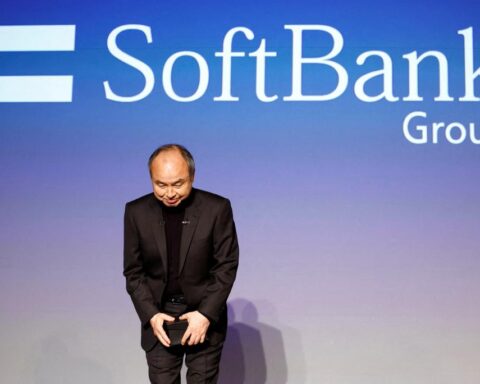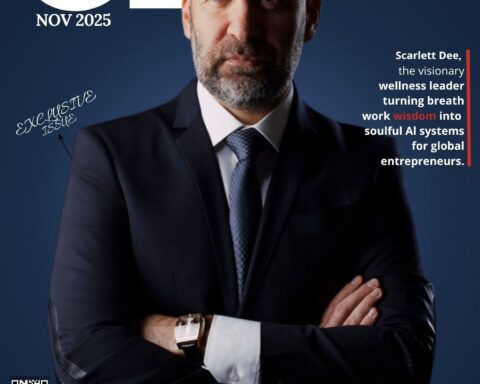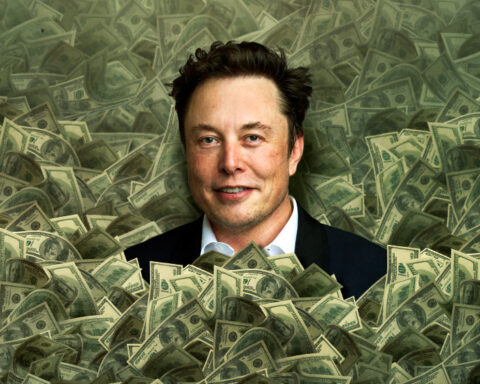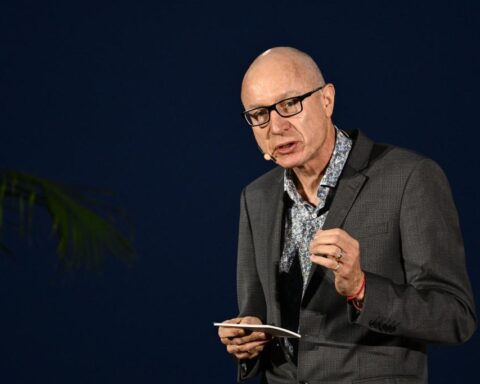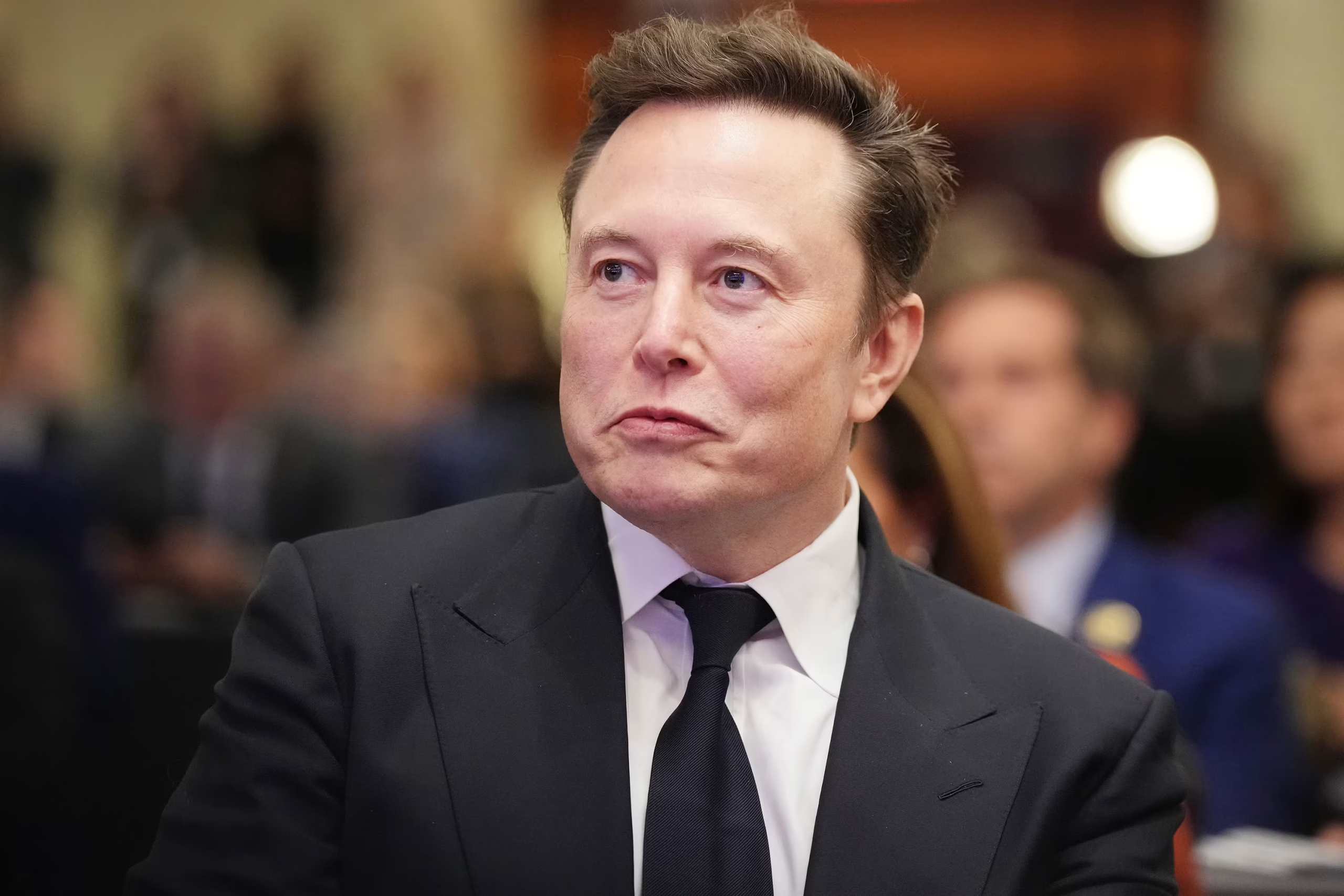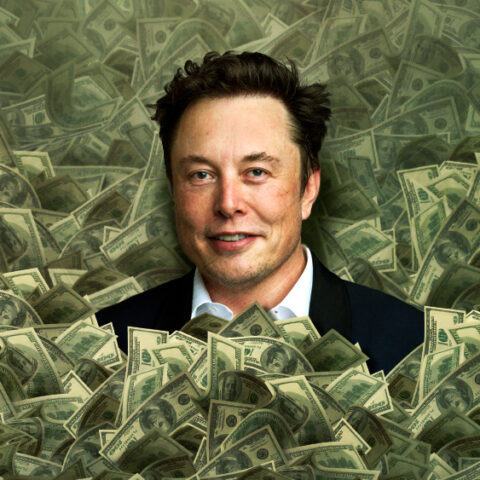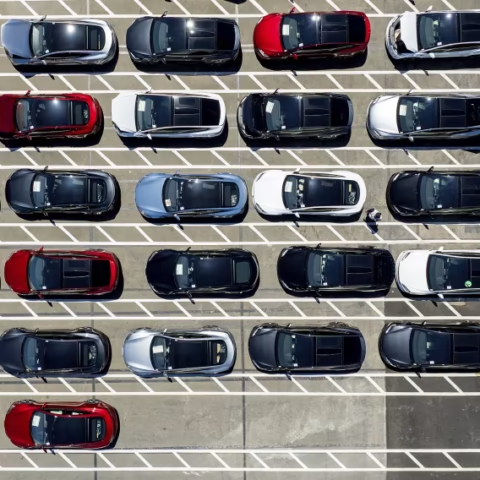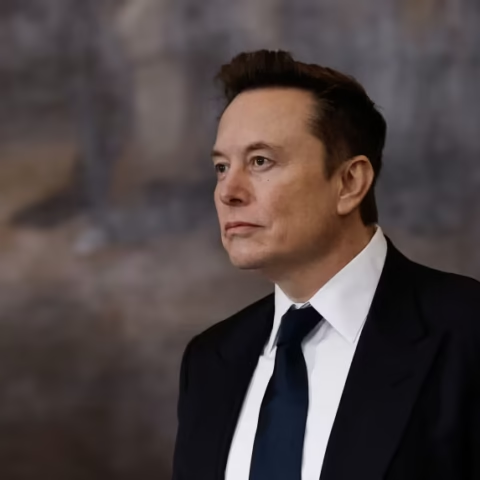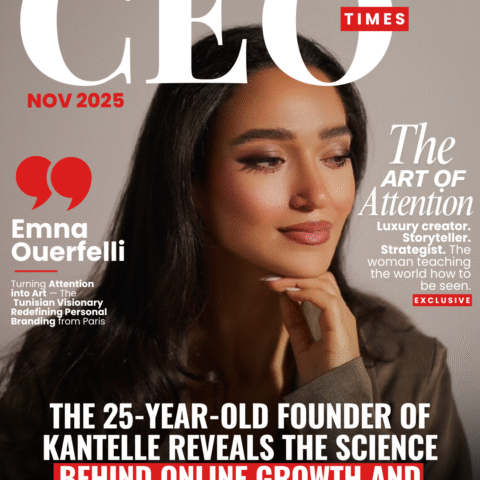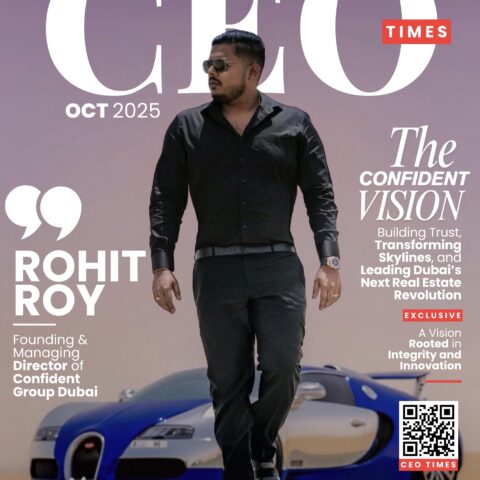Board unveils massive compensation plan tied to ambitious growth targets, sparking debate over vision, risk, and greed.
Tesla has unveiled a staggering new compensation package for CEO Elon Musk that, if realized, could make him the world’s first trillionaire. Already the planet’s richest person, Musk stands to receive up to 423.7 million additional Tesla shares—worth about $143.5 billion at today’s stock value—if the company hits unprecedented growth milestones.
The proposed plan, disclosed in Tesla’s latest proxy statement, sets out one of the most ambitious corporate goals ever: increasing Tesla’s market capitalization to $8.5 trillion, a leap from its current valuation of $1.1 trillion. Should Tesla achieve that target, Musk’s new shares alone would be valued at close to $1 trillion.
Keeping Musk at the Helm
Wedbush Securities analyst Dan Ives defended the plan, calling Musk Tesla’s “biggest asset.” He noted:
“In this AI era, Musk will drive Tesla’s next leg of growth. The Board had a trillion-dollar decision and made the right one.”
The proxy emphasized that Musk himself raised the possibility of diverting his attention elsewhere if Tesla did not provide “assurances” that incentivized his focus. While Musk does not take a salary, all his compensation comes from Tesla stock options and grants.
A History of Controversy
Musk’s last pay package in 2018—also tied to growth milestones—was twice struck down by a Delaware judge as illegal, despite overwhelming shareholder support. Tesla has reintroduced it, and Musk already controls 410 million shares of Tesla, valued at $139 billion. Combined with his stakes in SpaceX, xAI, and X (formerly Twitter), his net worth stands at $378 billion, according to Bloomberg.
Notably, Musk has publicly insisted on maintaining at least 25% control of Tesla, warning:
“Unless that is the case, I would prefer to build products outside of Tesla.”
Currently, he owns around 13% outright, though disputed options could push that higher.
Ambitions and Promises
Musk’s vision hinges on technologies still in development: robotaxis, fully self-driving cars, and humanoid robots. He has promised these innovations will generate massive revenue streams, surpassing even Tesla’s car business.
The new pay package requires Musk to meet major milestones before unlocking shares, including raising Tesla’s market cap to $2 trillion and hitting operational goals such as deploying one million robots or achieving $50 billion in adjusted operating income—triple its 2022 peak.
Critics Push Back
Skeptics warn the package is less about building real value and more about sustaining Tesla’s stock price. Gordon Johnson, a longtime critic, argued:
“Elon Musk has been saying since 2014 ‘we will have a fully autonomous car next year.’ It hasn’t happened, but that promise has been valued in the billions by Wall Street.”
Ross Gerber, CEO of Gerber Kawasaki and an early Tesla investor, said the deal reflects Musk’s fear of losing control:
“This is all about Musk being scared about being kicked out of Tesla because he only owns 13%.”
He added that while success might justify the package, it highlights “what level of greed can you reach in a modern society that’s enough.”
Challenges on the Road Ahead
Tesla faces mounting headwinds:
- Intensifying competition from Chinese EV makers like BYD, which is on track to surpass Tesla in global EV sales.
- Regulatory credit revenue losses in the U.S. following changes to emissions penalty laws.
- Stock volatility, with shares down 26% since their December 2024 peak, despite doubling earlier amid investor optimism over Musk’s ties to President Trump—ties that later soured.
Meanwhile, critics argue Tesla’s valuation is inflated by Musk’s bold promises rather than consistent delivery.
Planning Beyond Musk
Interestingly, Tesla’s board has acknowledged the need to prepare for life after Musk. One condition of the package is that Musk must develop a CEO succession framework to claim his final 70 million shares. The proxy also highlighted Tesla’s “robust pipeline of seasoned leadership talent” and the exploration of external candidates.
The Bigger Picture
If Tesla succeeds in reaching its $8.5 trillion goal, it would become the most valuable company in history—worth nearly double Nvidia’s current market cap. But analysts remain split: optimists see Musk’s vision as transformative, while skeptics view it as overreach.
As Johnson bluntly put it:
“Is Tesla going to go to $8 trillion? Abso-f**king-lutely not.”
For now, Musk’s fate—and Tesla’s future—hinges on whether investors buy into his grand vision once more.


